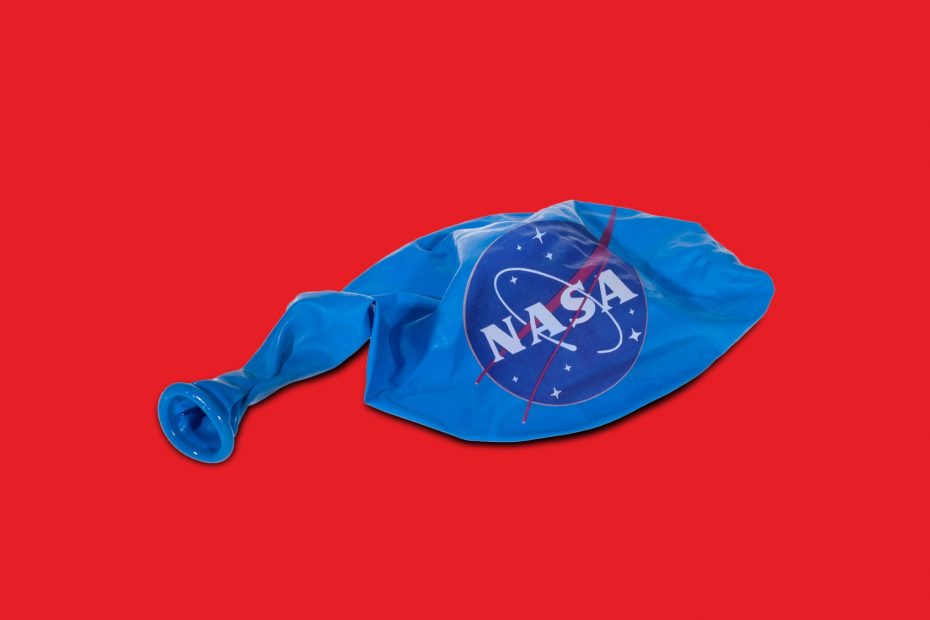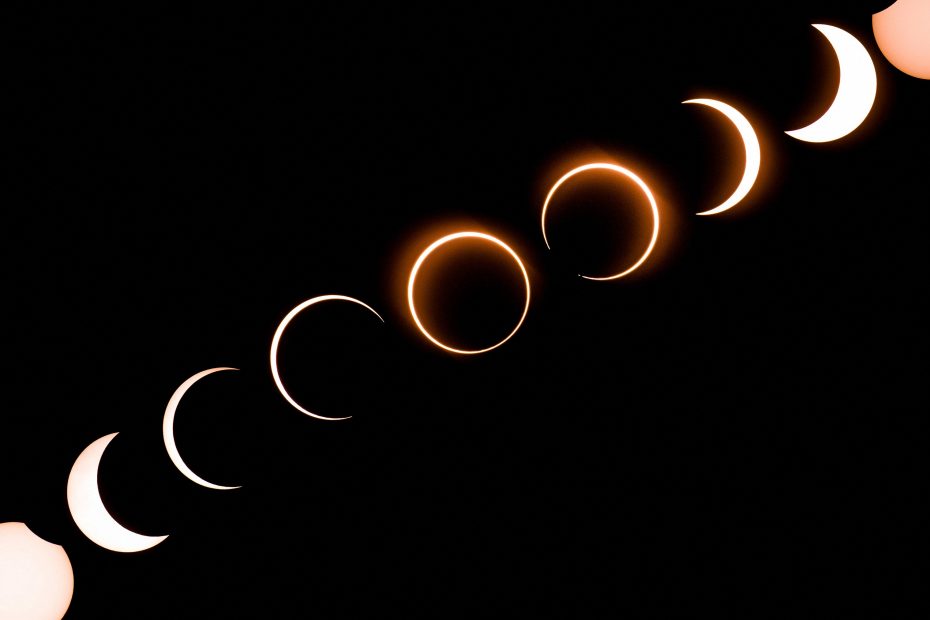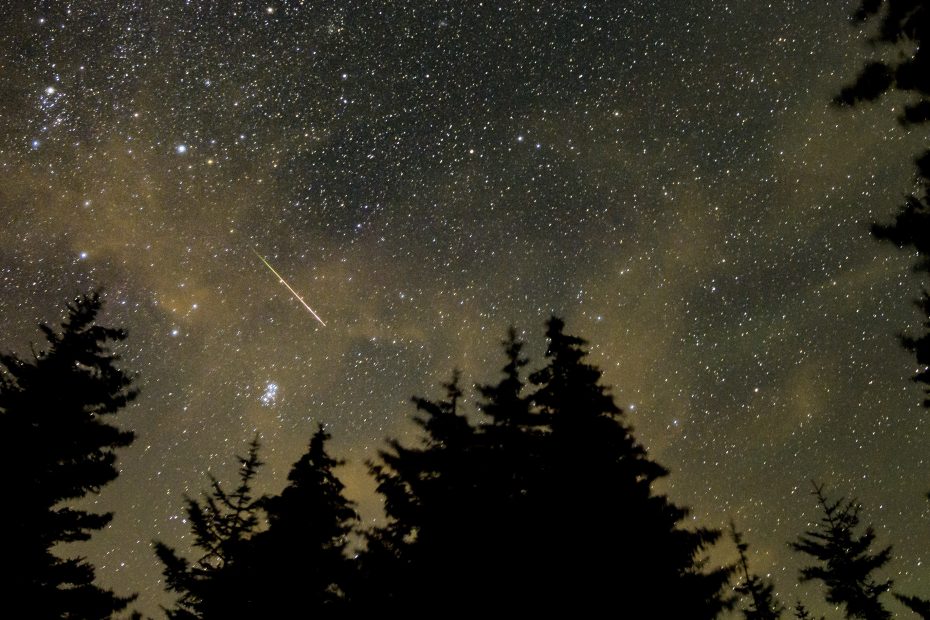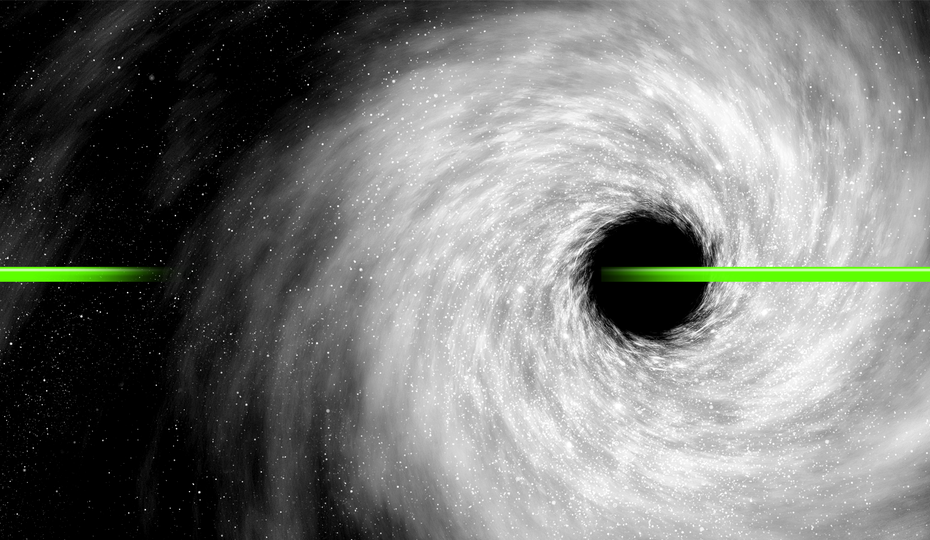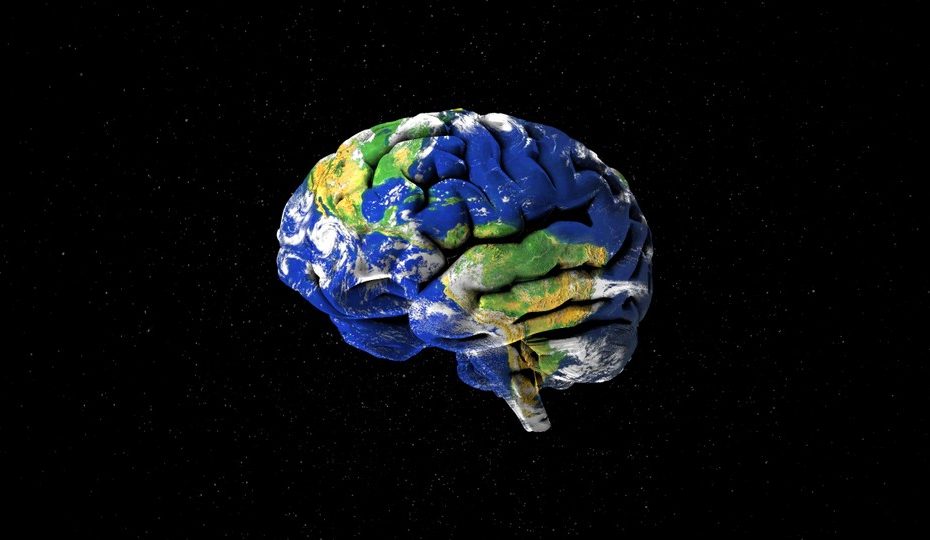America Is Killing Its Chance to Find Alien Life
In April, scientists announced that they had used NASA’s James Webb Space Telescope to find a potential signature of alien life in the glow of a distant planet. Other scientists were quick to challenge the details of the claim and offered more mundane explanations; most likely, these data do not reveal a new and distant biology. But the affair was still a watershed moment.

